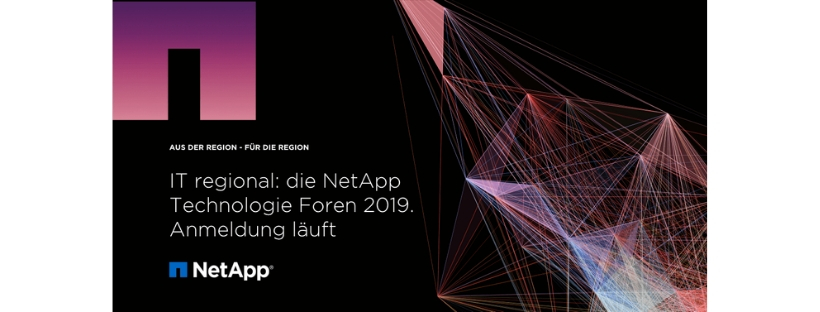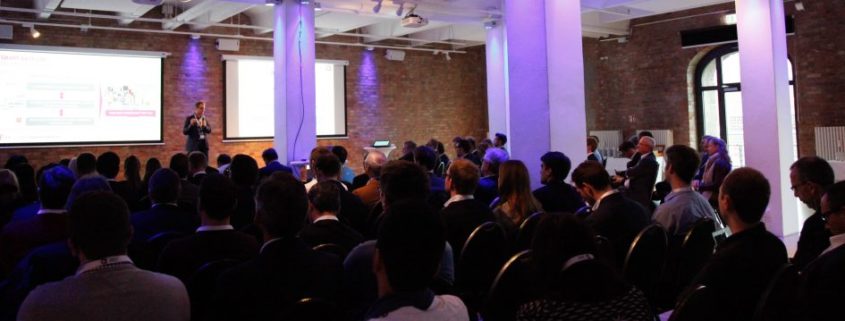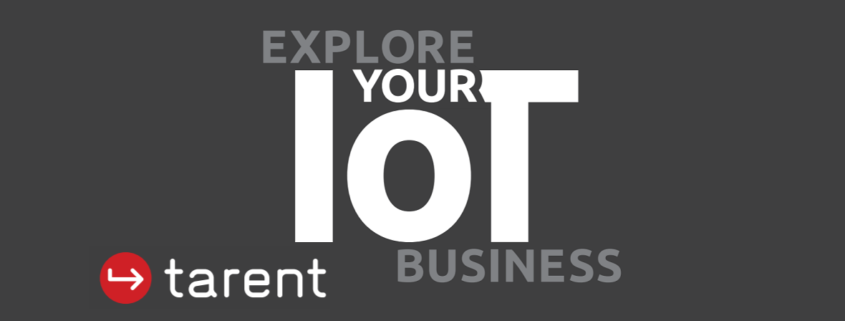“It’s incredibly empowering when data that is clear and understood – what we call ‘beautiful data’ – is available to the data workforce.”
 Juan F. Sequeda is co-founder of Capsenta, a spin-off from his research, and Senior Director of Capsenta Labs. He is an expert on knowledge graphs, semantic web, semantic & graph data management and (ontology-based) data integration. In this interview Juan lets us know how SMEs can create value from data, what makes the Knowledge Graph so important and why CDOs and CIOs should use semantic technologies.
Juan F. Sequeda is co-founder of Capsenta, a spin-off from his research, and Senior Director of Capsenta Labs. He is an expert on knowledge graphs, semantic web, semantic & graph data management and (ontology-based) data integration. In this interview Juan lets us know how SMEs can create value from data, what makes the Knowledge Graph so important and why CDOs and CIOs should use semantic technologies.
Data Science Blog: If you had to name five things that apply to SMEs as well as enterprises as they are on their journey through digital transformation: What are the most important steps to take in order to create value from data?
I would state four things:
- Focus on the business problem that needs to be solved instead of the technology.
- Getting value out of your data is a social-technical problem. Not everything can be solved by technology and automation. It is crucial to understand the social/human aspect of the problems.
- Avoid boiling the ocean. Be agile and iterate.
- Recall that it’s a marathon, not a sprint. Hence why you shouldn’t focus on boiling the ocean.
Data Science Blog: You help companies to make their company data meaningfully and thus increase their value. The magic word is the knowledge graph. What exactly is a Knowledge Graph?
Let’s recall that the term “knowledge graph”, that is being actively used today, was coined by Google in a 2012 blogpost. From an industry point of view, it’s a term that represents data integration, where not just entities but also relationships are first class citizens. In other words, it’s data integration based on graphs. That is why you see graph database companies use the term knowledge graph instead of data integration.
In the academic circle, there is a “debate” on what the term “knowledge graph” means. As academics, it’s clear that we should always strive to have well defined terms. Nevertheless, I find it ironic that academics are spending time debating on the definition of a term that appeared in a (marketing) blog post 7 years ago! I agree with Simeon Warner on this: “I care about putting more knowledge in my graph, instead of defining what is a knowledge graph”.
Whatever definition prevails, it should be open and inclusive.
On a final note, it is paramount that we remember our history in order to avoid reinventing the wheel. There is over half a century of research results that has led us to what we are calling Knowledge Graphs today. If you are interested, please check out our upcoming ISWC 2019 tutorial “Knowledge Graphs: How did we get here? A Half Day Tutorial on the History of Knowledge Graph’s Main Ideas“.
Data Science Blog: Speaking of Knowledge Graphs: According to SEMANTiCS 2019 Research and Innovation Chair Philippe Cudre-Mauroux the next generation of knowledge graphs will capture more detailed information. Towards which directions are you steering with gra.fo?
Gra.fo is a knowledge graph schema (i.e ontology) collaborative modeling tool combined with google doc style features such as real-time collaboration, comments, history and search.
Designing a knowledge graph schema is just the first step. You have to do something with it! The next step is to map the knowledge graph schema to underlying data sources in order to integrate data.
We are driving Gra.fo to also be a mapping management system. We recently released our first mapping features. You now have the ability to import existing R2RML mapping. The next step will be to create the mappings between relational databases and the schema all within Gra.fo. Furthermore, we will extend to support mappings from different types of sources.
Finally, there are so many features that our users are requesting. We are working on those and will also offer an API in order to empower users to develop their own apps and features.
Data Science Blog: At Capsenta, you are changing the way enterprises model, govern and integrate data. Put in brief, how can you explain the benefits of using semantic technologies and knowledge technologies to a CDO or CIO? Which clients could you serve and how did you help them?
Business users need to answer critical business questions quickly and accurately. However, the frequent bottleneck is the lack of understanding of the large and complex enterprise databases. Additionally, the IT experts who do understand are not always available. The ultimate goal is to empower business users to access the data in the way they think of their domain.
This is where Knowledge Graphs come into play.
At Capsenta, we use our Knowledge Graph technology to bridge this conceptualization gap between the complex and inscrutable data sources and the business intelligence and data analytic tools that domain experts use to answer critical business questions. Our goal is to deliver beautiful data so the business users and data scientist can run with the data.
We are helping large scale enterprises in e-commerce, oil & gas and life science industries to generate beautiful data.
Data Science Blog: What are reasons for which Knowledge Graphs should be part of any corporate strategy?
Graphs are very easy for people to understand and express the complex relationships between concepts. Bubbles and lines between them (i.e. a graph!) is what domain experts draw on the whiteboard all the time. We have even had C-level executives look at a Knowledge Graph and immediately see how it expresses a portion of their business and even offer suggestions for additional richness. Imagine that, C-level executives participating in an ontology engineering session because they understand the graph.
This is in sharp contrast to the data itself, which is almost always very difficult to understand and overwhelming in scope. Critical business value is available in a subset of this data. A Knowledge Graph bridges the conceptual gap between a critical portion of the inscrutable data itself and the business user’s view of their world.
It’s incredibly empowering when data that is clear and understood – what we call “beautiful data” – is available to the data workforce.
Data Science Blog: Data-driven process analyzes require interdisciplinary knowledge. What advice would you give to a process manager who wants to familiarize her-/himself with the topic?
Domain experts/business users frequently use multiple words/phrases to mean the same thing and also a specific phrase can mean different things to different people. Also, the domain experts/business users speak a very different language than the IT database owners.
How can the business have clear, accurate answers when there’s inconsistency in what people mean and are thinking?
This is the social problem of getting everyone on the same page. We’ve seen Knowledge Graphs dramatically help with this problem. The exercise of getting people to agree upon what they mean and encoding it in an intuitive Knowledge Graph is very powerful.
The Knowledge Graph also brings the IT stakeholders into the process by clarifying exactly what data or, typically, complex calculations of data is the actual, accurate value for each and every business concept and relationship expressed in the Knowledge Graph.
It is crucial to avoid boiling the ocean. That is why we have designed a pay-as-you-go methodology to start small and provide value as quickly and accurately as possible. Ideally, the team has available what we call a “Knowledge Engineer”. This is someone who can effectively speak with the business users/domain experts and also nerd out with the database folks.
About SEMANTiCS Conference
 SEMANTiCS is an established knowledge hub where technology professionals, industry experts, researchers and decision makers can learn about new technologies, innovations and enterprise implementations in the fields of Linked Data and Semantic AI. Founded in 2005 the SEMANTiCS is the only European conference at the intersection of research and industry.
SEMANTiCS is an established knowledge hub where technology professionals, industry experts, researchers and decision makers can learn about new technologies, innovations and enterprise implementations in the fields of Linked Data and Semantic AI. Founded in 2005 the SEMANTiCS is the only European conference at the intersection of research and industry.
This year’s event is hosted by the Semantic Web Company, FIZ Karlsruhe – Leibniz Institute for Information Infrastructure GmbH, Fachhochschule St. Pölten Forschungs GmbH, KILT Competence Center am Institut für Angewandte Informatik e.V. and Vrije Universiteit Amsterdam.
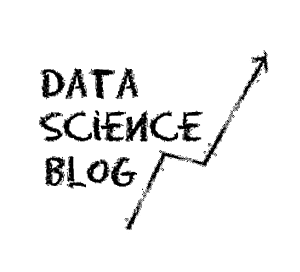

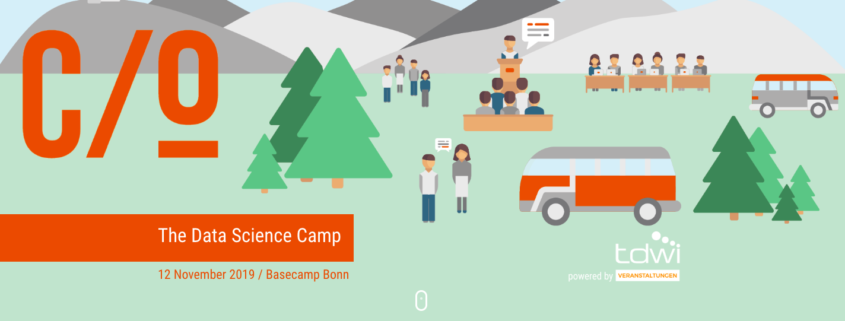
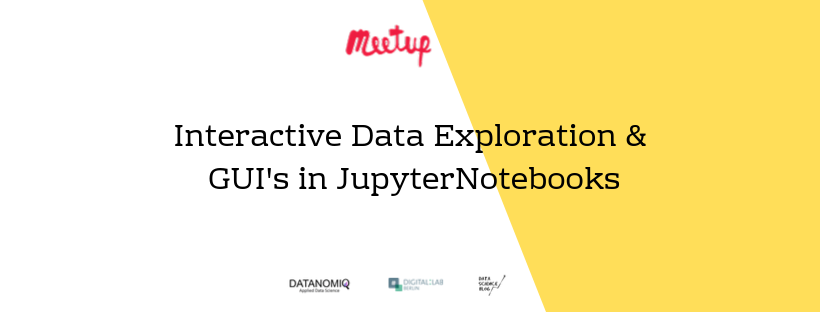
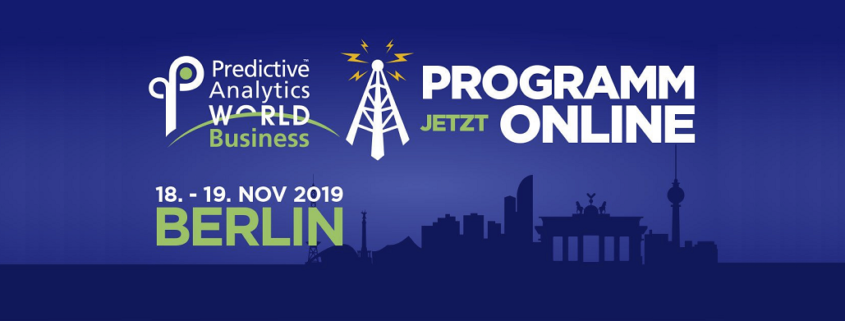

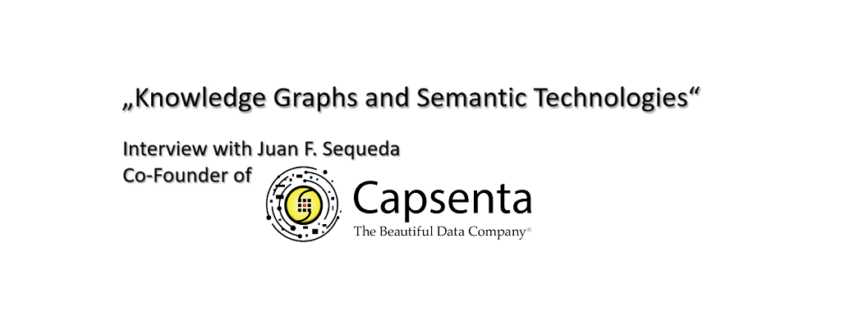
 Juan F. Sequeda is co-founder of Capsenta, a spin-off from his research, and Senior Director of Capsenta Labs. He is an expert on knowledge graphs, semantic web, semantic & graph data management and (ontology-based) data integration. In this interview Juan lets us know how SMEs can create value from data, what makes the Knowledge Graph so important and why CDOs and CIOs should use semantic technologies.
Juan F. Sequeda is co-founder of Capsenta, a spin-off from his research, and Senior Director of Capsenta Labs. He is an expert on knowledge graphs, semantic web, semantic & graph data management and (ontology-based) data integration. In this interview Juan lets us know how SMEs can create value from data, what makes the Knowledge Graph so important and why CDOs and CIOs should use semantic technologies.
